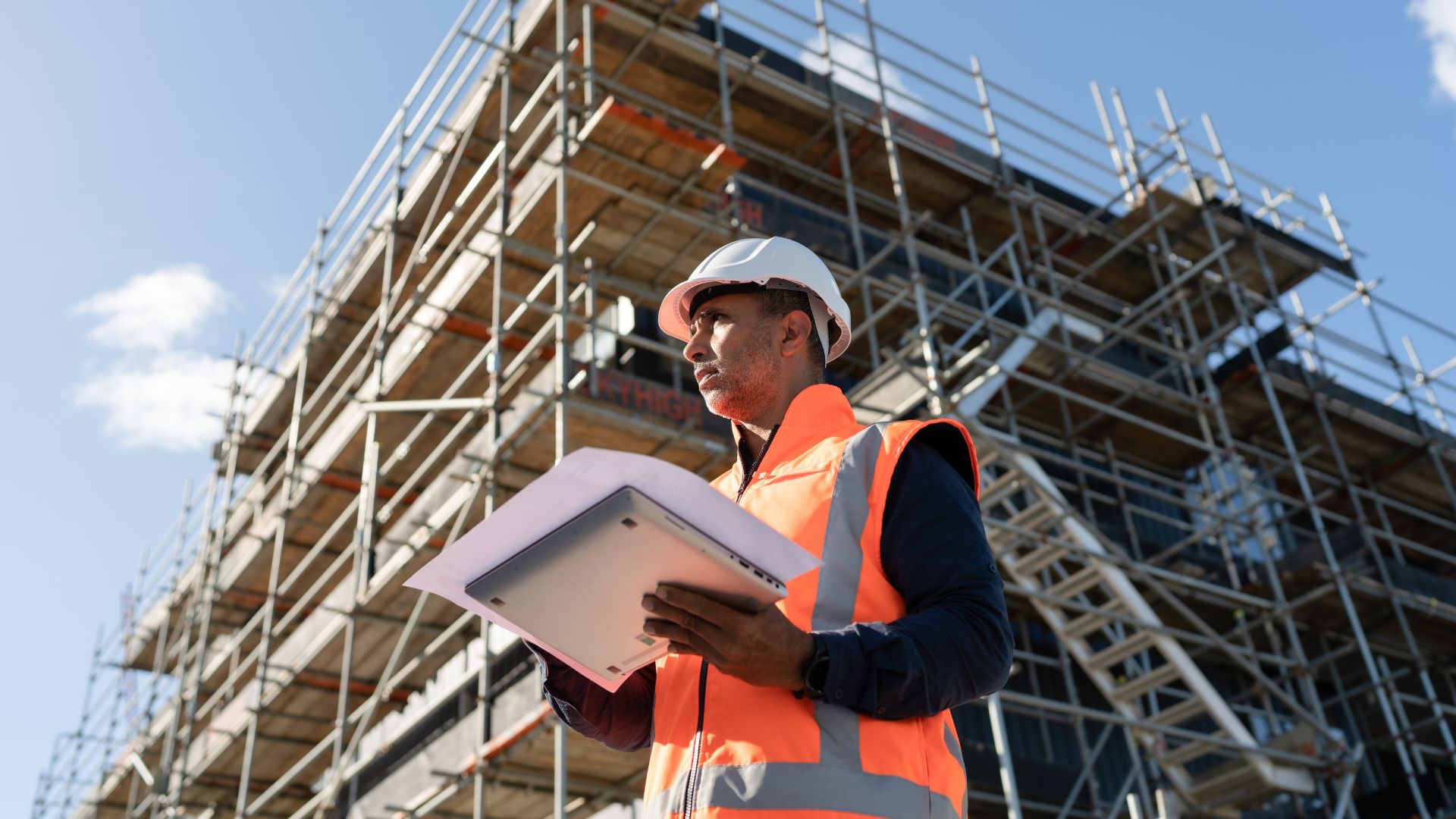


The question is, are you actually listening? Or, are you waiting to speak?
Being a good listener, or even just improving your listening skills, has the power to change your life.
So, let's break this down.
When we have conversations with people, how often are we 100% focused on what the other person is saying and nothing else? Probably not as often as we'd like, and that's pretty normal.
Researchers who have studied this were able to show that only 10% of us are listening effectively.
We're distracted by the symphony of beeps and tweets from our phones, never mind our internal to-do lists. Our brains are so over-stimulated all of the time, actually listening is far more of a struggle than it should be or we'd expect.
Even when we think we are listening, we're actually just waiting for an opportunity to jump in and tell our own story, or we're busy composing a response to something said in a previous sentence.
We THINK that we are listening correctly, but we're just not.
We are listening in a way to reply, but not in a way to understand or even empathise.
Active listening is a powerful skill and a great way to connect with people. The excellent news is that it is a skill we can work on and get better at.
First steps are figuring out the difference between listening and hearing.

Hearing is a physiological behaviour. Listening is our ability to organise the meanings behind the words, along with the silences in between.
Once we have figured out that there might be some room for improvement in how we connect and listen to one another, the best way to get started is to commit to practice.
In your next conversation, start off by disengaging from your phone, computer, or other non-technical or external distractions. If there is background noise, try to move the discussion somewhere quiet where you are less likely to be distracted.
When you are in conversation, and the other person is speaking, try to put all of your focus on the following questions:
- What are they saying?
- How are they saying it?
- What kind of emotions are they displaying?
- What do you believe they are trying to achieve from the discussion?
Most importantly, try to restrain yourself from preparing your response until the other person has stopped speaking.

This is key, many of us think we are listening when in fact we are judging what the other person is saying and in turn thinking about what advice we can offer as they continue to speak. Becoming aware of these patterns is incredibly helpful in the move towards active hearing.
As we enter into new conversations, we need to do a self-check.
Can I remain engaged throughout this conversation?
Can I refrain from making judgement while this person is speaking?
Can I refrain from constructing or planning my response while this person is still speaking?
Finally, when you feel as though you are getting better at listening, a nice way to improve this skill is to start asking questions rather than offering advice or judgement.
What was that like?
How did you feel?
What did you think?
This makes for a more open and connected dialogue.
We can all sense it when people are interested and engaged in what we are saying. It allows us to open up and feel validated and worthy. The power that listening can have on your relationships is truly life-changing

Frequently Asked Questions


See PepTalk in action


Latest Blogs


See PepTalk in action
















.webp)